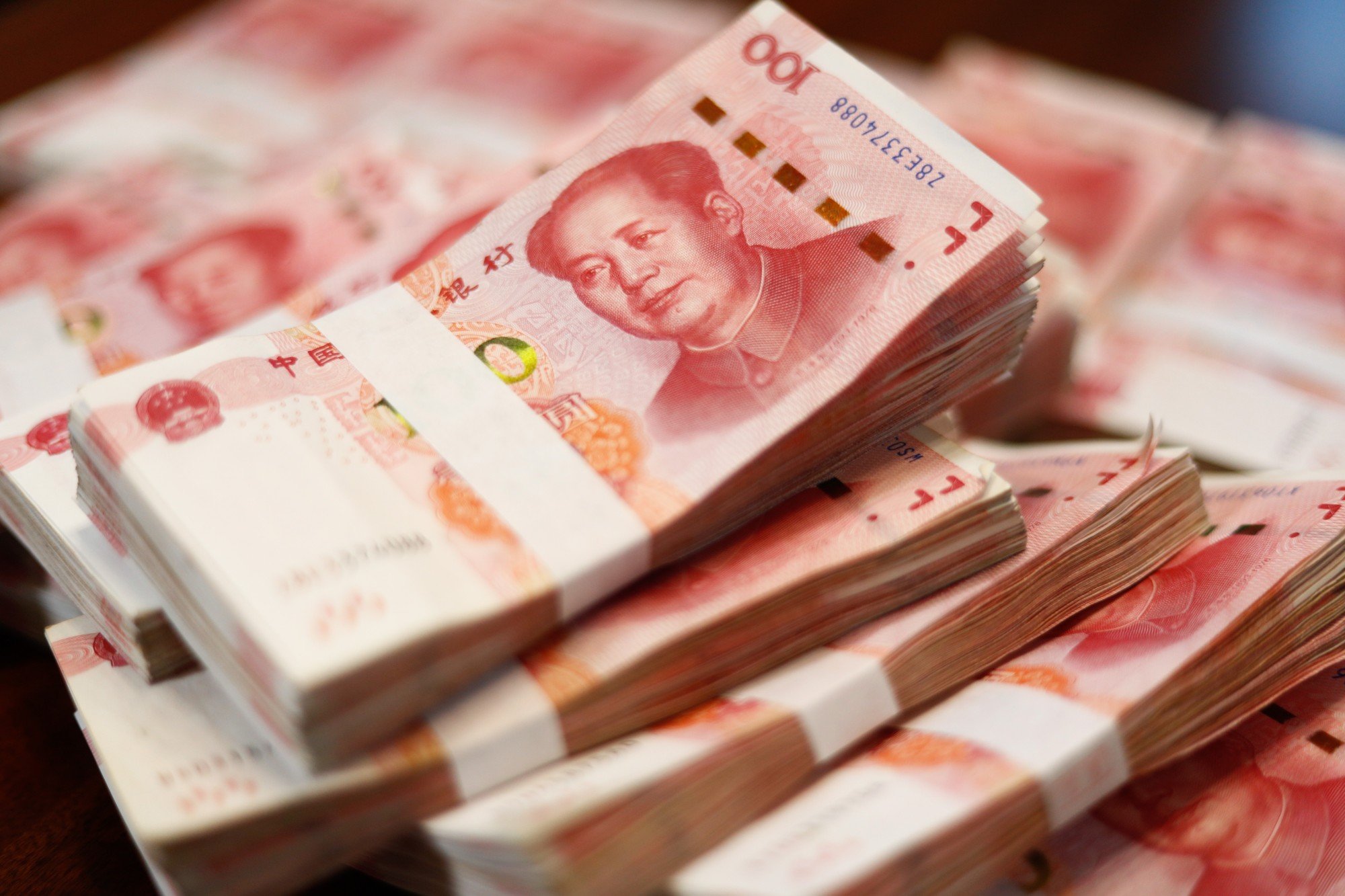
Pakistan uses Chinese yuan to buy cut-price oil from Russia
- Pakistan’s petroleum minister said the country’s first government-to-government import of Russian crude was paid for in Chinese currency
- Islamabad has also outlined a process to open barter trade with Russia, Afghanistan and Iran as it seeks avenues to trade without using US dollars
Discounted crude offers a respite as Pakistan faces an economic crisis with an acute balance of payments problem, risking a default on its external debt. The foreign exchange reserves held by the central bank are scarcely enough to cover a month of controlled imports.
The first cargo of discounted Russian crude oil arranged under a deal struck between Islamabad and Moscow earlier this year arrived in Karachi on Sunday. On Monday it was being offloaded at the port in the southern city of Karachi.
Petroleum Minister Musadik Malik, speaking by telephone on Monday, did not disclose the commercial details of the deal, including pricing or the discount that Pakistan received, but said, the “payment [was] made in RMB”.

About its grade, he said, it is Urals, adding this is one of the lighter crudes available.
Pakistan’s Refinery Limited will initially refine the Russian crude, the minister said. He had earlier referred to the purchase of the shipment as a trial run to judge financial and technical feasibility, but said on Monday that all the tests and trials had been done, which found that the Russian crude was fit to refine and market locally.
He played down concerns around the financial viability and the ability of local refineries to process Russian crude given Pakistan’s historical importation of Middle Eastern petroleum products.
“We’ve run iterations of various product mixes, and in no scenario will the refining of this crude make a loss,” Malik said, adding: “We are very sure it will be commercially viable.”

It will be blended with around 60-70 per cent Arabian light crude for refining, he said, adding, “No adjustments [were] needed at the refinery to refine the Russian crude.”
Malik wouldn’t say how much difference the crude will make to prices at the pump in the local market, but said “it will surely make a difference”.
Energy imports make up most of Pakistan’s external payments. Islamabad imported 154,000 barrels per day of oil in 2022, around the same as the previous year, data from analytics firm Kpler showed.
“We’re looking to target one-third of our total oil imports at the Russian crude,” the minister said.

